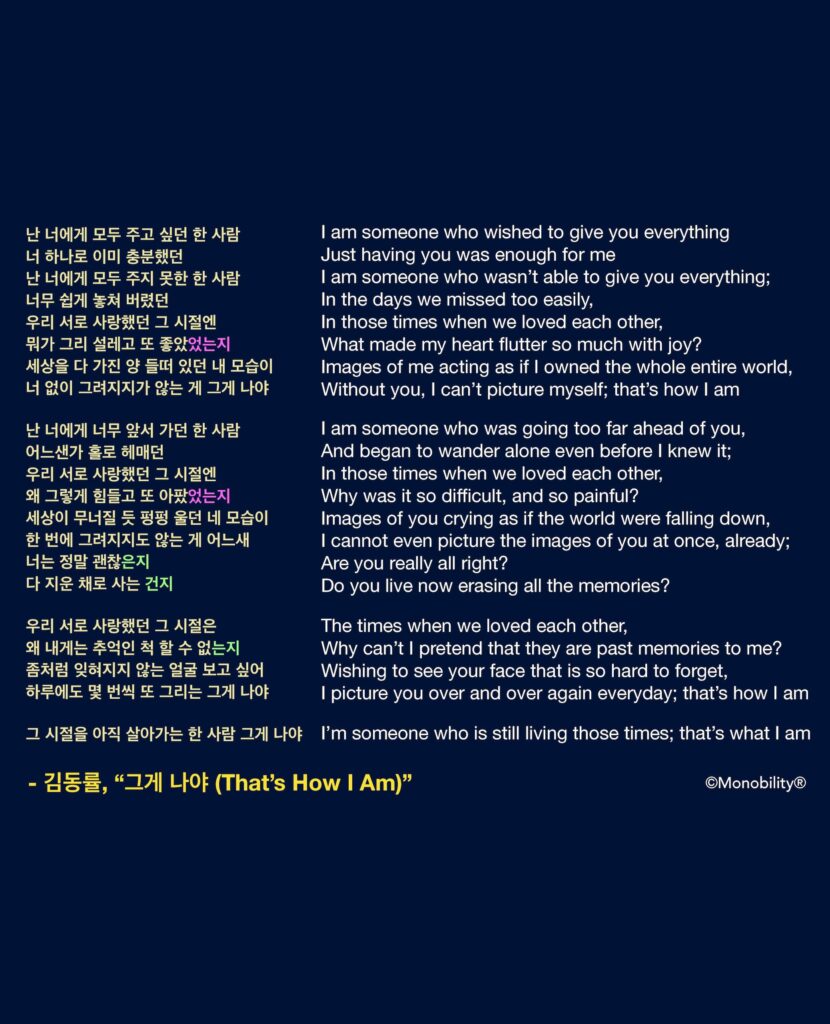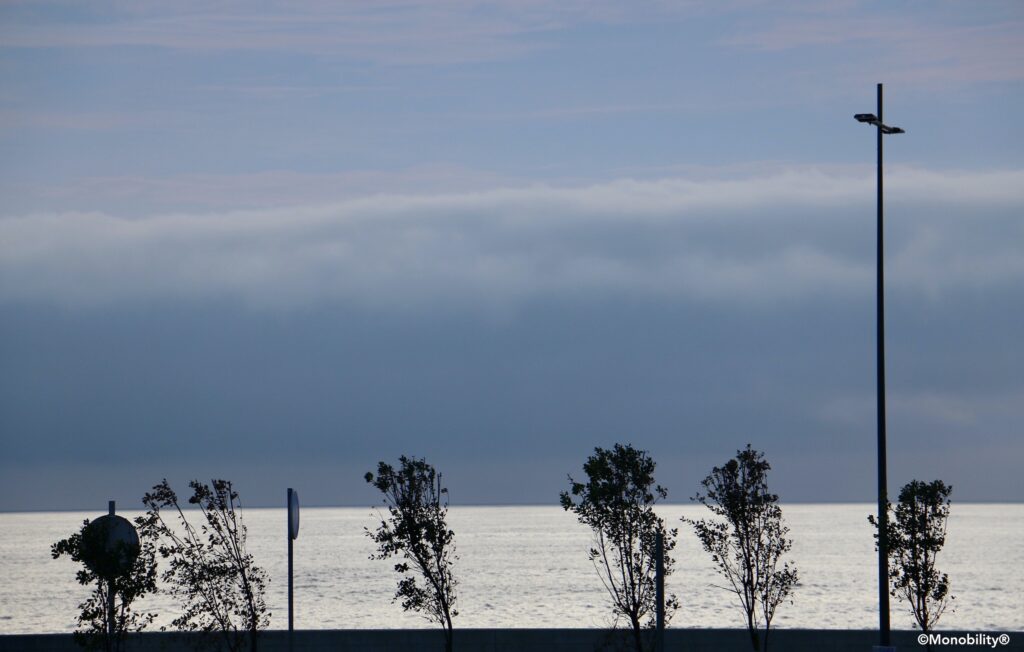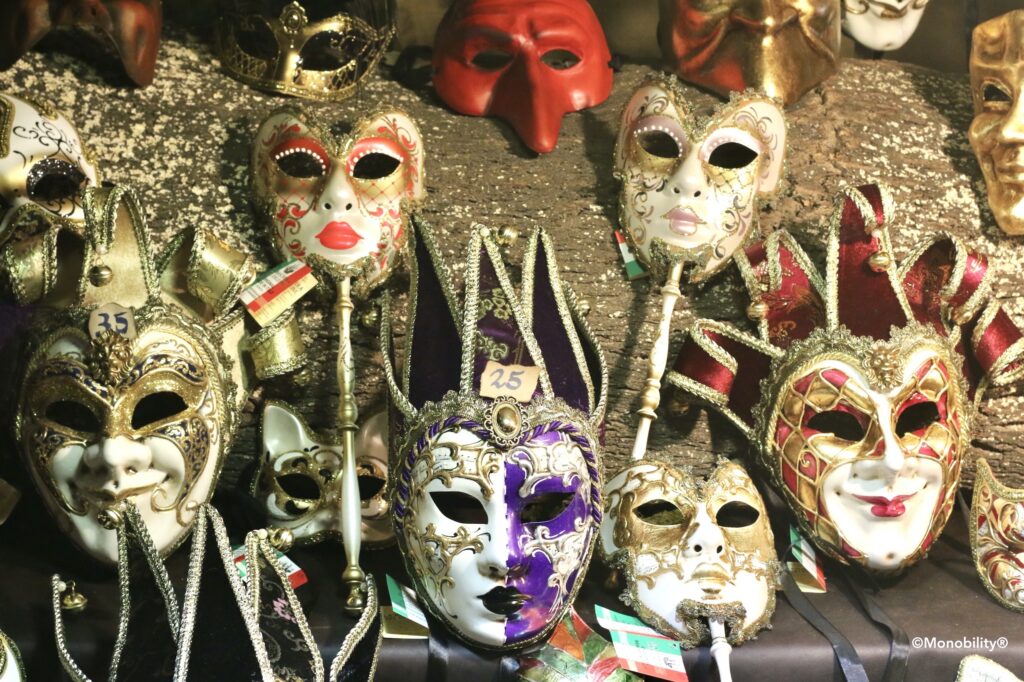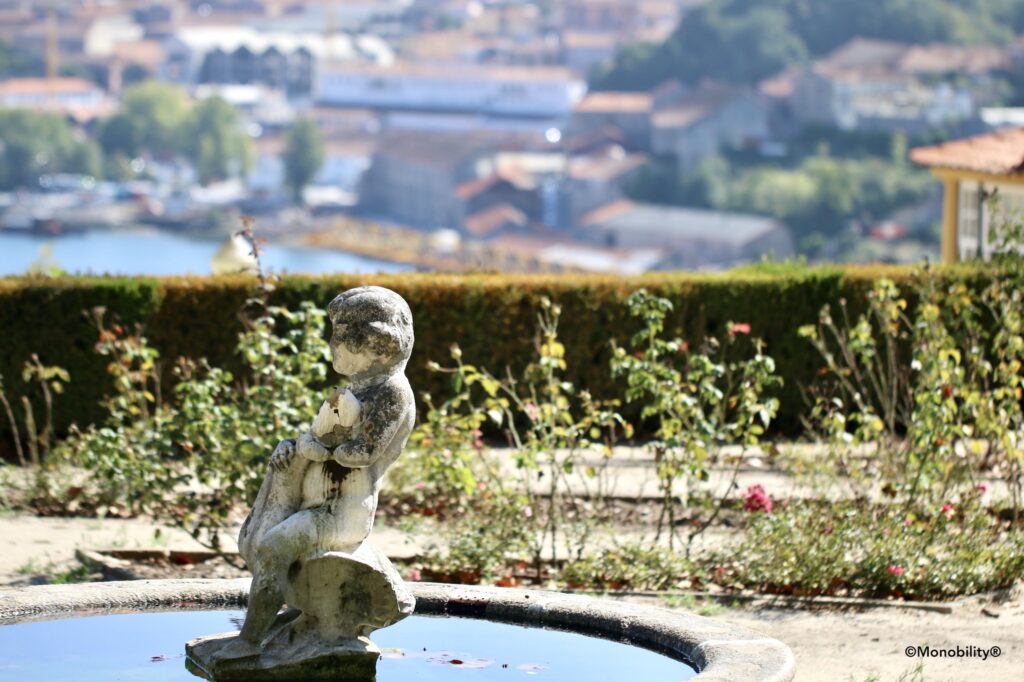The English word “wonder” as a verb has such a wonderful meaning: to be curious, to want to know. In Korean, the same act of “wondering” is expressed with a specific ending “…ㄴ지” of a subordinate clause which precedes main verbs such as 알다 (to know), 모르다 (to not know), or 궁금하다 (to be curious):
- 너는 정말 괜찮은지 알고 싶어 = I want to know if you are really okay.
- 그가 날 사랑하는지 몰라 = I don’t know if he loves me or not.
In past tense, the ending conjugates into …ㅆ는지. Such a sentence is often used to express reminiscence of all things past, when you contemplate your past experiences and personal events, often in a deep conversation with a close friend:
- 왜 그렇게 힘들고 또 아팠었는지 (몰라) = I wonder why it was so difficult, and so painful.
- 지금 생각하면 내가 그때 왜 그랬는지 (몰라) = In retrospect, I wonder why I did so at that time.
In the lyrical ballad below, 김동률 intentionally omits the main verb 몰라 in several lines ending with …ㄴ지. It has effects of rhyming and accentuating a sentimental atmosphere, as if the singer was writing or speaking to his old love or a friend:

Check out our Facebook for much more:











